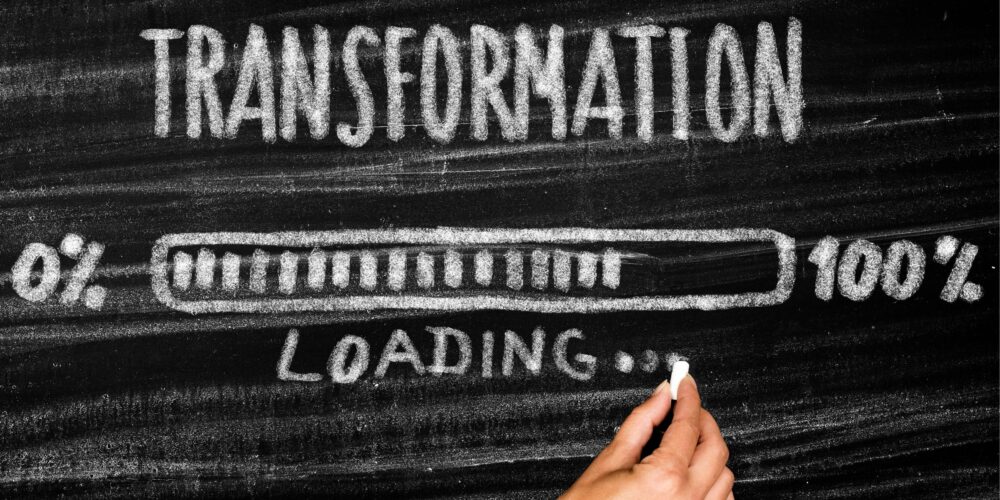When a person struggles with a substance use disorder it affects…

Addiction is a complex and challenging issue that affects not only the individual struggling with substance use but also their entire family. At Greater Essex Counseling Services, we understand that the role of family in addiction recovery is both vital and transformative. Families can either hinder or significantly support the recovery process, making their involvement crucial in helping a loved one achieve and maintain sobriety.
Understanding Dysfunctional Family Roles
In families affected by addiction, members often unconsciously adopt dysfunctional roles as a way to cope with the chaos and pain. These roles, while often well-intentioned, can perpetuate the cycle of addiction. Common roles include:
- The Hero: Often the overachiever, this family member tries to compensate for the addict’s behavior by excelling in other areas, hoping to bring some semblance of normalcy to the family.
- The Mascot: This person uses humor to deflect the tension and pain within the family. While it may bring temporary relief, it doesn’t address the underlying issues.
- The Lost Child: This individual often withdraws emotionally and physically, avoiding conflict and hiding their feelings to avoid adding to the family’s burden.
- The Scapegoat: This role involves creating problems or acting out to divert attention away from the real issue of addiction, inadvertently keeping the focus off the addict.
- The Enabler: This family member shields the addict from facing the consequences of their actions, often out of a desire to protect them. Unfortunately, this behavior can delay the addict’s realization of the need for help.
Transitioning to Healthy Family Roles
At Greater Essex Counseling Services, we encourage families to shift from these dysfunctional roles to healthier ones that support recovery. This includes setting clear boundaries, holding the loved one accountable, and providing consistent emotional support. Families can attend support groups and counseling sessions to better understand their role in the recovery process and learn effective ways to communicate and connect.
Family Involvement in Adolescent Addiction
When it comes to adolescents, the role of the family becomes even more critical. Early intervention by family members can prevent long-term consequences and encourage positive behavioral changes. Adolescents are particularly vulnerable to the effects of addiction, and a strong family presence can guide them towards recovery and away from harmful influences.
The Power of Family Support Groups
Support groups provide a platform for families to share their experiences and gain insight into the recovery process. These groups offer a safe space for family members to express their feelings, learn from others, and develop strategies to support their loved one’s journey to sobriety.
Seeking Professional Help
Addiction recovery is a challenging journey, but families don’t have to navigate it alone. Greater Essex Counseling Services offers family therapy and support, helping families rebuild trust, improve communication, and strengthen their relationships. With the right support, families can become a powerful force in their loved one’s recovery, fostering an environment that promotes healing and long-term sobriety.
If you or a loved one is struggling with addiction, reach out to Greater Essex Counseling Services today. Together, we can work towards a healthier, happier future.



